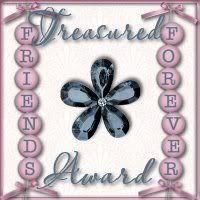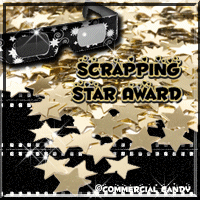the dark past of learning and behavioural difficulties
In the distant past if a child did not do well at school they were often viewed in a very poor light and descibed in negative terms . they were thought to be slow, lazy sometimes labelled as "THICK"or even "NOT RIGHT IN THE HEAD " or all of these things. the other unenlightened yet accepted views included putting the blame on the poor parenting. none of these 'diagnoses' helped the child.
parents were alone when dealing with their children's problem and perhaps marginalised and pitied for having an 'Idiot' child. As a parent it would have been difficult not to blame yourself and to be blamed by others At Tinsleyu house clinic the mothers i see may particularly be suffering varying degrees of guilt . they often blame themselves, wondering if it was something that they did wrong in pregnancy. however in the vast majority of cases those mothers could not have done anything more to care for their unborn child.
Fortunately those dark days of ignorance about learning difficulties are over. instead over the last twenty or thirty yrs we have seen a shift towards greater understanding and increased sympathy for children who find reading , learning and daily life so difficult clearly this is a change for the better.
not only have the attitudes changed for the better, but the government has also stepped in, and now you can expect help from the medical and educational system, this is great relief for parents and a vast improvement for the children concerned.
the main shift began when the medical establishments made attempts to diagnose and label learning difficulties and behavioural problems. their intention was to solve the child's problem. it was thought that from this starting point - figureing out what was wrong and giving it a name - the beginnings of a treatment for these problems would emerge.
The labels used are : Attention deficit hyperactivity disorder (ADHD) , Attention deficit disorder ADD , Dyslexia, Dyspraxia, Obsessive-compulsive disorder OCD , Autism , Tourette's syndrome.
these labels are universally used and many people find them useful, there are a number of reasons for this. the key reason is that the help and support given to a child depends upon the childs being diagnosed and labelled by the education and medical systems.
it also helps parents. to have a name for what is wrong gives them a sense that they know what the problem is and that there is a treatment for that particular condition. they feel less helpless and alone. for the child , they're probably simply grateful for the extra help and attention they receive instead of being pushed harder.
to ensure that the child receives good support from the school and so that something is done about the childs problem
responding to ADHD behaviour
Pokes and teases his sister at meal times
food is about nutrition and mealtimes are for families to get together and communicate, dont let squabbles and nit picking cause stress, we want peace, not perfection. have a few non-negotiable rules and let the rest pass
*' you can rabbit on about any topic but you can't tease, insult or abuse your sister'
*you can wriggle, swing and touch but there must be absolutely no contact with your sister or anything she owns
*if the rule is broken, there is one warning and then action - as in giving him a time out -5 minutes on the stairs (quietly and he has to ask for the alarm to be set and you dont set it till he asks and is then quiet if he starts messing or talking or making noise you tell him you are stopping the alarm till he goes quiet again and asks for the alarm to be reset and you keep doing this until he has sat quiet for the whole 5 minutes straight then you welcome him back in to the room when the alarm goes off - or sending him to bed earlier then his sister
Behavioural difficulties
Posted by Liana at Saturday, November 08, 2008
Labels: ADHD
Subscribe to:
Post Comments (Atom)







































0 comments:
Post a Comment